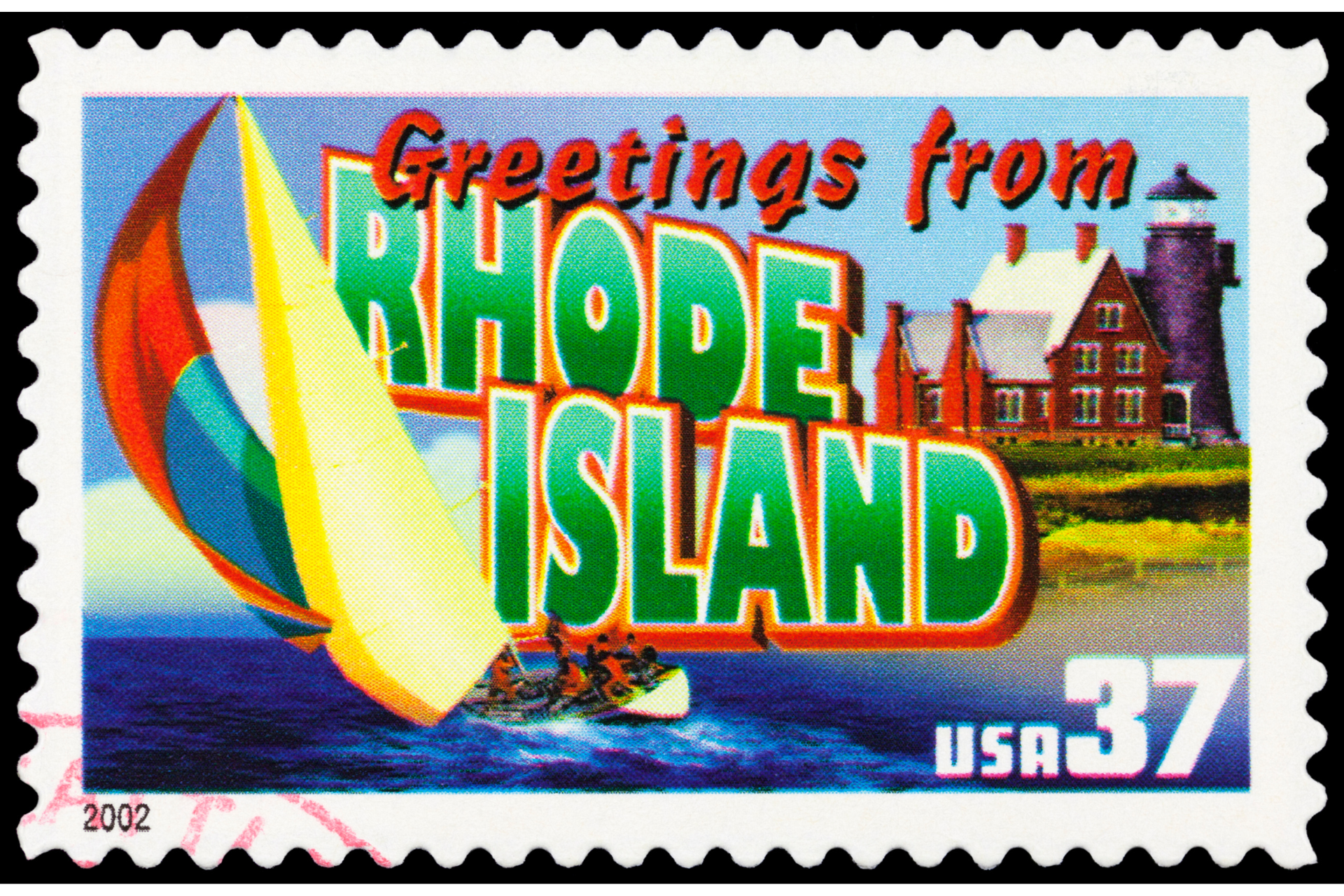People born in Puerto Rico are U.S. citizens by birth. However, this kind of citizenship is not the same as the kind of citizenship people born in states have. The key to understanding the difference is this: constitutional vs. statutory citizenship.
Constitutional citizenship
The 14th Amendment of the Constitution says: “All persons born or naturalized in the United States, and subject to the jurisdiction thereof, are citizens of the United States and of the State wherein they reside.”
The Constitution protects the citizenship of everyone who is born or naturalized in the United States. This type of citizenship is known as “constitutional citizenship.” It its defined and protected by the U.S. Constitution. It is permanent, and cannot be taken away from a citizen except as a punishment for treason.
A U.S. citizen can also voluntarily give up his or her citizenship and choose to become a citizen of another nation.
However, under normal circumstances, Constitutional citizenship is permanent.
Statutory citizenship
The Constitution doesn’t cover people born in the U.S. territory of Puerto Rico, so in 1917 Congress passed a law making the people of Puerto Rico U.S. citizens. The name of the law was the Jones-Shafroth Act. President Woodrow Wilson signed the law on March 2, 1917. It provided statutory citizenship: citizenship by law – or statute – not under the Constitution.
The Constitution could not grant Puerto Ricans U.S. citizenship, because the 14th Amendment specifically applies to a “State wherein [citizens] reside,” not to a territory like Puerto Rico.
Similarly, the Constitution does not explicitly protect the citizenship granted by statute to people born in Puerto Rico. As federal courts recently recognized, the 14th Amendment of the Constitution simply does not apply in U.S. territories.
It’s the Territory Clause that applies. The Territory clause says Congress can make rules governing the territory. That’s what it did in 1917. That’s what it did under PROMESA. As the plenary (complete) power in Puerto Rico, Congress has the power to take away Puerto Rican citizenship in the territory of Puerto Rico.
U.S. citizenship in a new nation of Puerto Rico
Congress also has the power to take away U.S. citizenship in a sovereign nation of Puerto Rico – even one with a Free Association relationship with the U.S.
If Puerto Rico became an independent nation, it would no longer be under the Territory Clause of the U.S. Constitution. Congress would also have full control over the immigration and naturalization laws of the United States, so it would make laws to govern immigration from the new nation of Puerto Rico.
Congress can always pass a new statute to change the law of the land. There is nothing about the Jones-Shafroth Act that can prevent Congress from rescinding the law and changing the statutory citizenship of people born in Puerto Rico.
The Puerto Rico Status Act (HR 8393), which is pending before the U.S. House of Representatives, includes language consistent with this analysis. If it passes in Congress, it would not guarantee permanent U.S. citizenship in a new nation of Puerto Rico.
The proposal’s failure to provide for secure U.S. citizenship in a newly sovereign Puerto Rico has increased opposition to it, but Congress simply cannot make this guarantee to the people of Puerto Rico.
Congress is not alone on this. The State Department has been quite clear that mass dual citizenship for citizens of a new nation of Puerto Rico would not be acceptable on policy grounds.
What would this mean for Puerto Ricans in Puerto Rico and the states?
For people born in Puerto Rico and living in Puerto Rico, this would mean that they will be citizens of Puerto Rico and not of the United States. For those who chose independence, this could be a desirable outcome.
For the millions born in Puerto Rico and living in a state, this could be a problem, as it was for many Filipino U.S. nationals living in states when the Philippines became independent in 1946. While many Puerto Rican leaders have claimed that Congress simply would not take away the statutory citizenship of current U.S. citizens, it is clear that Congress may have the legal right to do so.
In fact, members of Congress have stated that they will not support continued U.S. citizenship for Puerto Rican nationals. Under the language of HR 8393, current U.S. citizens born in Puerto Rico but living in a state might have the option of choosing U.S. citizenship instead of Puerto Rican citizenship. But they will not have a Constitutional guarantee of continued U.S. citizenship.



Pingback: Proof of Facts: That 8 USC 1401 “citizens” and Fourteenth Amendment “citizens” are NOT the same and that geographical “United States” is not the same in each context EITHER – Sovereignty Education and Defense Mini